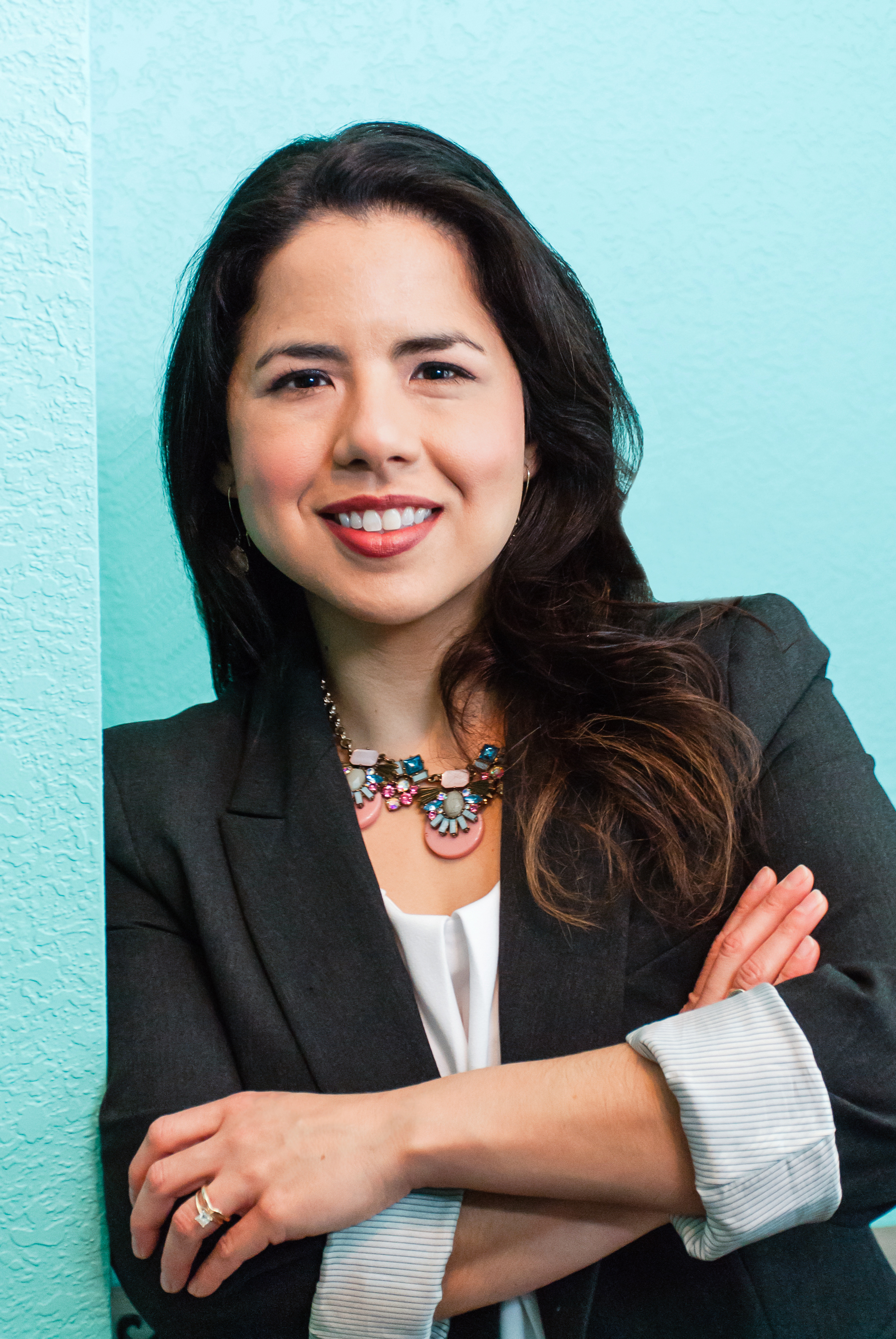Curating Our PR Education
By Melissa Vela-Williamson, M.A., APR, Fellow PRSA
September 2021
Everywhere I turn I’m hearing about mindsets. Articles and podcasts keep covering the influence our mindset has on our success. There’s the scarcity mindset, an abundance mindset, a growth mindset, or the newest I’ve heard — a scout mindset.
Our mindset is how we view things in life. With public relations, we should have a student mindset first and foremost.
We never can seem to learn enough in this business. To get into public relations, you first had to learn about the profession, and hopefully, that was through robust experiences in college.
If you were a student like me whose college didn’t have a PR path, then you probably curated your education. Then, which culture you identify with or the environment you’re in may shape the way you look at the PR profession. It may have also impacted the kind of education you’ve received about it. For instance, I had to persevere through college and find a job in the industry not realizing there were specializations to consider.
Being Hispanic, what I should know to work in public relations seemed more complex. I’ve had to defend myself against an expectation that I should speak and write Spanish. A non-Latino counterpart was probably not asked in every job interview if they spoke Spanish. Or what was more commonly said, “you’re bilingual, right?”
I always felt “less than” when those situations came up. I’ve worked hard to prove my worth, and that meant consuming as much education that would help me in my career as possible. But choosing the right educational content is challenging.
So what’s helpful? For me, it’s been a combination of on-the-job learning, PRSA programming, swapping stories with colleagues, reading industry articles, and studying for the APR. What I write or create myself also helps with my learning.
I asked PR pros across the nation to weigh in to find out what works for others. See what resonates for you so with a student mindset, you can fill in your own education gaps. Or if you teach, you can consider these insights for your students.
Education young pros may need:
“It’s popular among PR pros to joke about our collective dislike of math, but a basic class or instruction about cash flow, profit and loss, how to read simple financial spreadsheets and statements, etc. would have been hugely beneficial.” — Sarah Erkmann Ward, APR
“Starting out, I wish that I had been exposed to crisis-communication strategy and related case studies.” — Lauren Granado
“I definitely wish that I had more training on tactics and tools to help find media coverage. We’re taught a lot on how to get media coverage, but not as much on actually getting out there and finding it!” — Rachel Meltzer
For mid-senior level pros:
“Make learning as essential as breathing. Go back to school. Get a certificate. Attend those professional seminars. Teach yourself something. anything.” — Gayle Lynn Falkenthal, APR
“Earning my APR changed my practice and my life! Having consistency in my approach is helping me systematize our agency and help my staff to either level up or move on so we can build our dream team.” — Kathie Taylor, APR
Best advice ever received:
“Widen your skill set — don’t be just a writer, designer, editor, etc.” — Diane Gomez
“Do not depend on spell check!” — Joan Spivak, APR
“PR is like acting 90 percent behind the scenes – 10 percent out front. This taught me the value of an SME.” — Paula LeClaire Pedene, APR, Fellow PRSA
“Never enter the boss’s office without a notebook and something to write with. Same goes for job interviews.” — Jon Goldberg
Knowing more about business concepts, financial literacy, earning their APR, and hands-on learning was also often mentioned in responses. If you have a chance to work in a newsroom or volunteer with a nonprofit, those are invaluable ways to learn. What’s missing for you? Embrace a student mindset and keep learning.



